Financial professionals seeking to distinguish themselves in today’s competitive market face a clear reality: A degree alone may not be enough. The dynamic and competitive nature of the finance industry demands additional credentials to stand out among numerous qualified candidates. For those targeting roles in investment banking, accounting or risk management, professional certifications have become essential steps for career advancement.
The University of Northern Colorado (UNC) Master of Business Administration (MBA) with a Concentration in Finance online program helps prepare professionals for these valuable certifications while developing the comprehensive knowledge needed for success in high-growth finance sectors. Through AACSB-accredited coursework that aligns with certification requirements, students gain both theoretical understanding and practical skills in financial analysis and management.
Chartered Financial Analyst: The Gold Standard
The Chartered Financial Analyst (CFA) designation stands as one of the most respected credentials in finance. According to the CFA Institute, more than 200,000 professionals worldwide hold this certification across 164 countries. The program requires candidates to pass three rigorous levels of exams covering economics, financial reporting, portfolio management and ethics.
The path to becoming a CFA charterholder demands significant commitment. Candidates are required to hold a bachelor’s degree and accumulate 4,000 hours of relevant professional experience within a minimum of three years. Each exam level requires approximately 300 hours of study. Successful candidates typically take an average of four years to earn the designation.
With early enrollment, candidates pay $3,170 total for all three levels, including a one-time enrollment fee. This investment opens doors to positions at leading financial institutions. The top employers of CFA charterholders include UBS, JP Morgan, Citigroup, Morgan Stanley, BlackRock and HSBC. These professionals typically work in investment management, equity research, corporate finance, risk management and investment banking roles. CFAs in the U.S. earn an average salary of about $300,000, with a median base salary of around $180,000.
Financial Risk Manager: Specializing in Risk
The Financial Risk Manager (FRM) certification, awarded by the Global Association of Risk Professionals (GARP), represents the premier qualification for financial risk professionals. FRMs typically work for major banks, insurance companies, accounting firms and regulatory agencies, specializing in assessing and managing various forms of financial risk.
The FRM designation requires passing a comprehensive two-part examination and gaining two years of professional risk management experience. The 2023 pass rates highlight the program’s rigor, with 45% passing Part 1 and 53% passing Part 2. The average FRM salary is $123,381.
Certified Financial Planner: Focus on Wealth Management
The Certified Financial Planner (CFP) designation suits professionals interested in personal finance and wealth management. Candidates must hold a bachelor’s degree, complete specific financial planning coursework and accumulate three years of full-time industry experience or complete a two-year apprenticeship.
This certification provides comprehensive training in personal financial planning, requiring candidates to maintain their expertise through continuing education. While more specialized than some other certifications, the CFP opens doors to careers in wealth management and financial advisory services. The average salary for a CFP with 10 years of experience is $150,000 per year.
Preparing Through Advanced Education
The MBA in Finance’s online coursework specifically aligns with key certification requirements. Through courses in financial modeling, data analysis and portfolio management, students develop the analytical foundation needed for certification exams.
The program’s blend of conceptual and applied training ensures students gain practical experience using the tools and techniques valued by certification bodies. Through hands-on projects in financial modeling and risk-return analysis, students develop competencies that align with certification exam requirements while building real-world skills.
Career Advancement Through Combined Credentials
Combining an MBA in Finance with industry certifications creates powerful career opportunities. The program’s 100% online format allows professionals to pursue their MBA while preparing for certification exams and maintaining their current positions.
The AACSB-accredited UNC online MBA with a Concentration in Finance program curriculum provides the comprehensive knowledge base needed for success in certification pursuits and career advancement. Through customizable learning experiences and expert faculty guidance, students develop the expertise to excel in high-growth finance sectors while preparing for the industry’s most highly regarded and lucrative certifications.
Learn more about UNC’s online MBA with a Concentration in Finance program.
